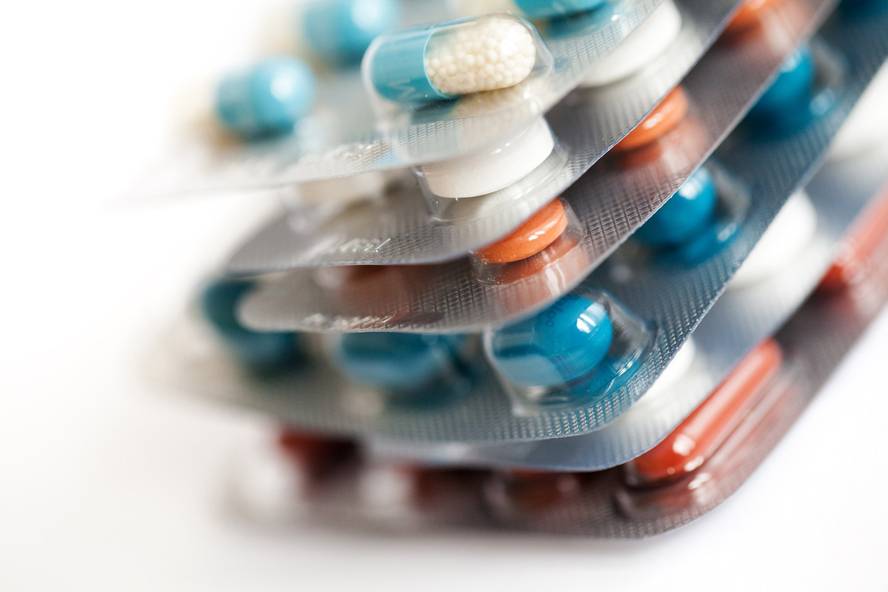Antibiotics cause long-term damage to newborn mice in health
One study concludes that taking antibiotics in the newborn has long-term harmful effects. Evidence of these damage already existed, especially in high doses, but this time, a study with mice has shown that its use in small doses also produces long-term health effects.
The effect of penicillin administration in the final phase of gestation and in the waiting period until lactation has been investigated in detail, and it has been observed that both are similar: they alter the intestinal microbiota, increase the concentration of cytokines that regulate the immune response in the brain, alter the permeability of the blood-brain barrier and, finally, reduce social behavior and increase the hostile attitude. Investigated in both sexes, leaves long-term damage. The study was published in the journal Nature Communications.
On the other hand, it is observed that when the antibiotic is accompanied by a probiotic (Lactobacillus rhamnosus bacteria) some of these alterations are partially reduced. However, it has been mentioned that more research is needed to demonstrate whether the use of antibiotics with newborns can reduce their effect on future neuropsychiatric imbalances.
Authors underlined that microbial composition alters brain functions, including social attitude. Numerous studies have already shown that the total lack of intestinal bacteria causes changes in the permeability of the blood-brain barrier, worsening the immune response to the microsite, increased myelination, hyperactivity in the hypothalamus, impaired brain neurochemistry and decreased anxiety and social behaviors.
Additional information about intestinal bacteria:
- Microbiome when bacteria are easy
- Fragile balance
- Testimony of a change of focus






